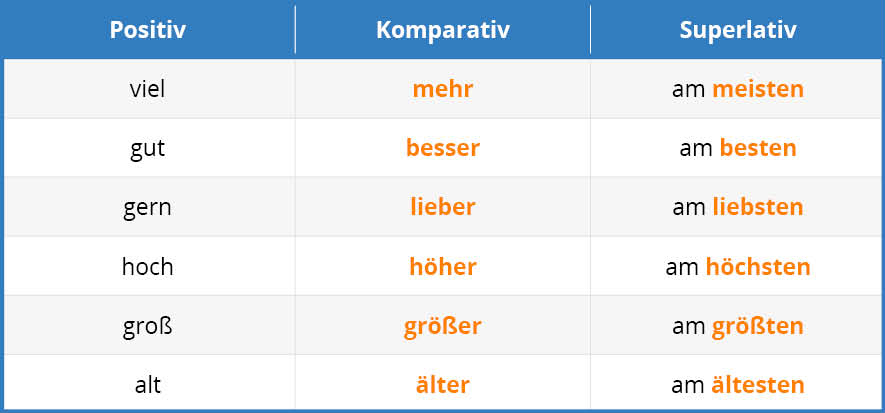

From the very first lesson, our TruAccent® speech engine will help you fine-tune your pronunciation. The ü sound is made by making a “ooh” sound as in “lure” only with pursed lips, as in Tür (tuer) (door).īy far, the best way to figure out how to pronounce these tricky vowels correctly is to practise and get feedback from native speakers. The ö sound is created by forming the vowel ‘e' as in “her” (without the “r” sound) with forward rounded lips schön (shern) (pretty). The ä sounds like the short-e sound in English, like in “bet” as in fällen (fêl-en) (to fell ). Some sound like English vowels, but other pronunciations are a little harder to master let’s try to break them down together. These double dots are called umlauts and they signal special vowel sounds. These vowels appear with two dots above them.

The vowels that German doesn’t share with English are ä, ö, and ü. While the “ß” (called “scharfes S”) looks tricky, you can make it sound as a “ss.” In words like Buch (book) and Bach (stream), it sounds like the Scottish pronunciation of the “ch” in Loch Ness. In German, the “ch” sounds like the hiss a cat might make in words such as ich (I), mich (me/myself) and Licht (light).

Let’s breakdown some of the more difficult sounds. You can use this phonetic knowledge to pronounce long, multi-syllable words that otherwise might be overwhelming. Why are so many words capitalised in German?īecause German is a much more phonetically consistent language than English, German words almost always sound the way they are spelled. Wondering what’s the deal with all of these capitalised words? Find out on the Rosetta Stone blog. Engage with German at your own pace, and start speaking German from day one. Learn vocabulary in an order that’s tried-and-tested to ensure better understanding of how to communicate effectively in German with Rosetta Stone. Kann ich zahlen, bitte? / Can I have the bill, please? Gibt es ein Restaurant in der Nähe? / Is there a restaurant nearby? Wie komme ich zum Busbahnhof? / How can I get to the bus station? Sprechen Sie Englisch? / Do you speak English?

Wo ist die Toilette? / Where is the bathroom? Simple phrases like “How are you?” grease the wheels of daily conversation in most every language, including German. The basic conversational building blocks are a great place to start.


 0 kommentar(er)
0 kommentar(er)
